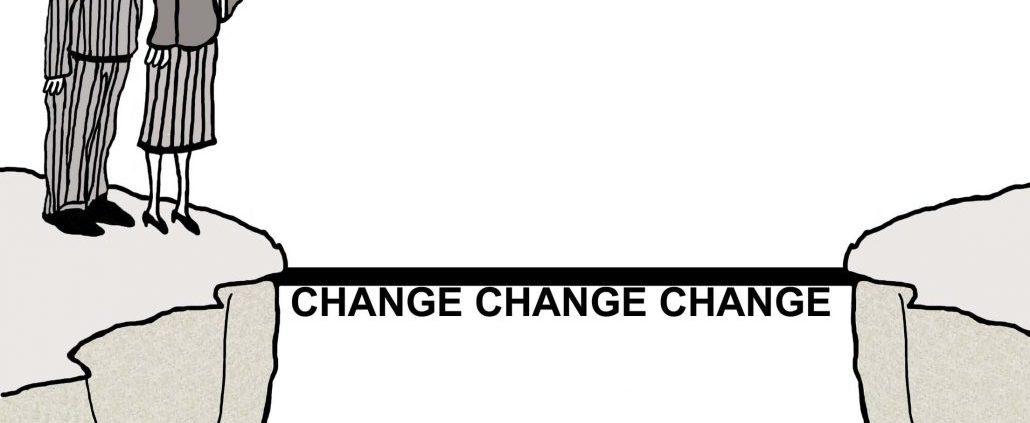Dear Virgin, let me stay the way I am… or The light at the end of the tunnel might be a train…
Change is fashionable.
Suddenly, and from a few years ago, we hear almost daily how important is to know how to manage change, reduce our resistance, control our fear of change.
But, does change really frighten us? Or are we afraid of ‘being changed’?
I will not trivialize; it is true that any move that takes us away from our comfort zone, that keeps us from what is familiar and comfortable, is scary. But if we think about our life, in our last years, isn’t it true that we decided to change something important on several occasions (who we date, work, where we live, maternity or paternity…)?
When we consider a major change we tend to get prepared. We visualize the options, we analyze pros and cons, we prepare an action plan, and gradually we cognitively and emotionally approach the new situation. The duel begins even before changing, as our body, mind and heart have already started walking.
And what happens when they push us?
An unexpected change upsets us; we are not prepared. Have you ever felt like you are leaping into the void? I have.
When this happens the duel still takes some time in showing up, because we are too busy managing and trying to understand what is happening to us.
Breathe and remain calm, accept the new situation, listen to yourself and realize what are we feeling and thinking. The fact that we are aware of the situation can help us not only to make decisions but also to keep a clear mind to develop a plan of action.
And when we are the ones who provoke the change in other people?
Many companies are raising this issue.
There is no magic formula that works for everybody, because we must not forget that each company has its culture and each person its needs, fears, values and beliefs.
So, can we help to better adapt to change?
Of course we can. Maybe we can not talk about a magic formula, but we can talk about an effective recipe.
The recipe
Ingredients:
- Flexibility and ability to change
- Communication and transparency
- Management leadership and middle commands
- Formation, coaching, training
- Commitment management
- Illusion and positivism
Development (based on ADKAR model):
- Awareness: Raise awareness of the need to change. Why is change needed?
- Desire: Promote in our people the desire to change and to participate. Are we motivated to make the change?
- Knowledge: Provide the knowledge to know how to change. Do we know how to contribute to change?
- Ability: Ability to implement change. Have we received the necessary training for change?
- Reinforcement: Reinforcement to maintain the change. What actions do we need to take to keep the change?
Detailed recipe available in a later post.
Bon appetite!
‘Even if nothing changes, if I change, everything changes’
Honoré de Balz




